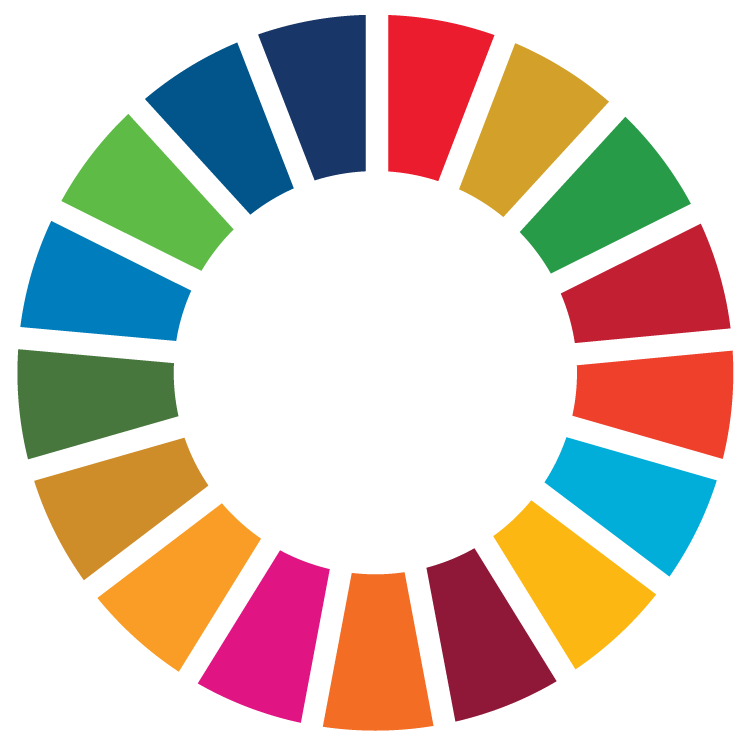The Sustainability Goals and the “Decade of Delivery”
Isabel White of Low Carbon discusses the importance of the Sustainable Development Goals to the achievement of business climate ambitions.
We are approaching the ‘decade of delivery’ – the remaining 10 years in which we are to achieve the UN Sustainable Development Goals. However, recent reports suggest that we are not on track to achieve the 2030 targets. Despite progress in a number of areas since the Global Goals were launched in 2015, overall, progress has been slow. The most vulnerable people and countries continue to suffer the most and the global response has not been ambitious enough.
The Sustainable Development Goals, agreed by 193 countries in 2015, are a universal call to action to combat the massive economic, social and environmental challenges that our planet faces. They define global priorities and aspirations to reach before the year 2030 and they present an opportunity to eliminate extreme poverty and put the world on a sustainable path.
A report released in November 2019, drawn up by the Institute for European Environmental Policy and the UN’s Sustainable Development Solutions Network, has warned that every country in Europe is failing against its sustainability targets to achieve the SDGs. The report highlights that EU countries need to make more progress on five goals in particular; those relating to climate change (SDG13), sustainable consumption (SDG12), protection and conservation of biodiversity (SDGs14&15) and sustainable agriculture and food systems (SDG2). The report also highlights the large ‘negative spillovers’ generated by European countries that impede other countries’ ability to achieve the SDGs. These spillovers include environmental such as greenhouse gas emissions, financial and governance such as banking secrecy, and security such as weapons exports. The report recommends that, if the ESGs are to be achieved, an EU strategy is needed focussing on internal priorities, diplomacy and development cooperation, and tackling negative internal spillovers.
While this report provides clear guidance on possible actions at an EU policy level, at the individual business level many companies are still trying to align their strategies with the Global Goals, with varying degrees of success. At the time of their launch, the SDGs explicitly called on businesses to apply their innovation and creative thinking to solve sustainable development challenges. The business benefits of aligning corporate strategy with the SDGs are clear which has led to the Global Goals widely being accepted by the business community. However, while some organisations efforts to deliver on the SDGs are well-intentioned and credible, others have viewed the Goals as a means to improve their reputation, report on unrelated actions or have simply misunderstood that their SDG contributions must be in addition to their existing business activities.
In short, despite a high degree of awareness of the SDGs and a willingness to integrate them into their business activities, companies lack the tools and direction to begin taking action. Standards and frameworks exist to help companies report on their SDG contributions, but the business community is lacking the resources to guide them towards internal reflection and specific, meaningful actions on the SDGs.
B Lab (the team behind the B Corp movement) and the UN Global Compact have identified this gap and teamed up to create an online tool called the SDG Action Manager (released in January 2020). This tool is designed to help companies learn which SDGs matter most to their business based on their company profile and explain how they can take action today. The SDG Action Manager is designed to provide a clear view of how a business’ operations, supply chain and business model creates positive impact and identify risk areas for each SDG. It will enable companies to set goals and track improvement and significantly, it will help companies to collaborate across their business by inviting colleagues to join the SDG Action Manager, contribute expertise and see real-time progress. It is perhaps the tool that businesses have been waiting for.
Accenture released a CEO Study on Sustainability in September. The report highlighted that in 2019, only 21% of CEOs interviewed feel that ‘business is currently playing a critical role in contributing to the Global Goals’ but 71% of CEOs believe that ‘with increased commitment and action – businesses can play a critical role in contributing to the Global Goals.’ This renewed ambition from businesses could not come at a better time; January 2020 marks the beginning of the final ‘decade of delivery’ to achieve the SDGs. It also marks the release of the SDG Action Manager. Perhaps this combination of ambitious action and the tools to deliver it will finally result in the meaningful and transformative change at the scale required to reach the Global Goals by 2030.


